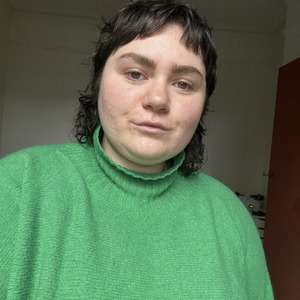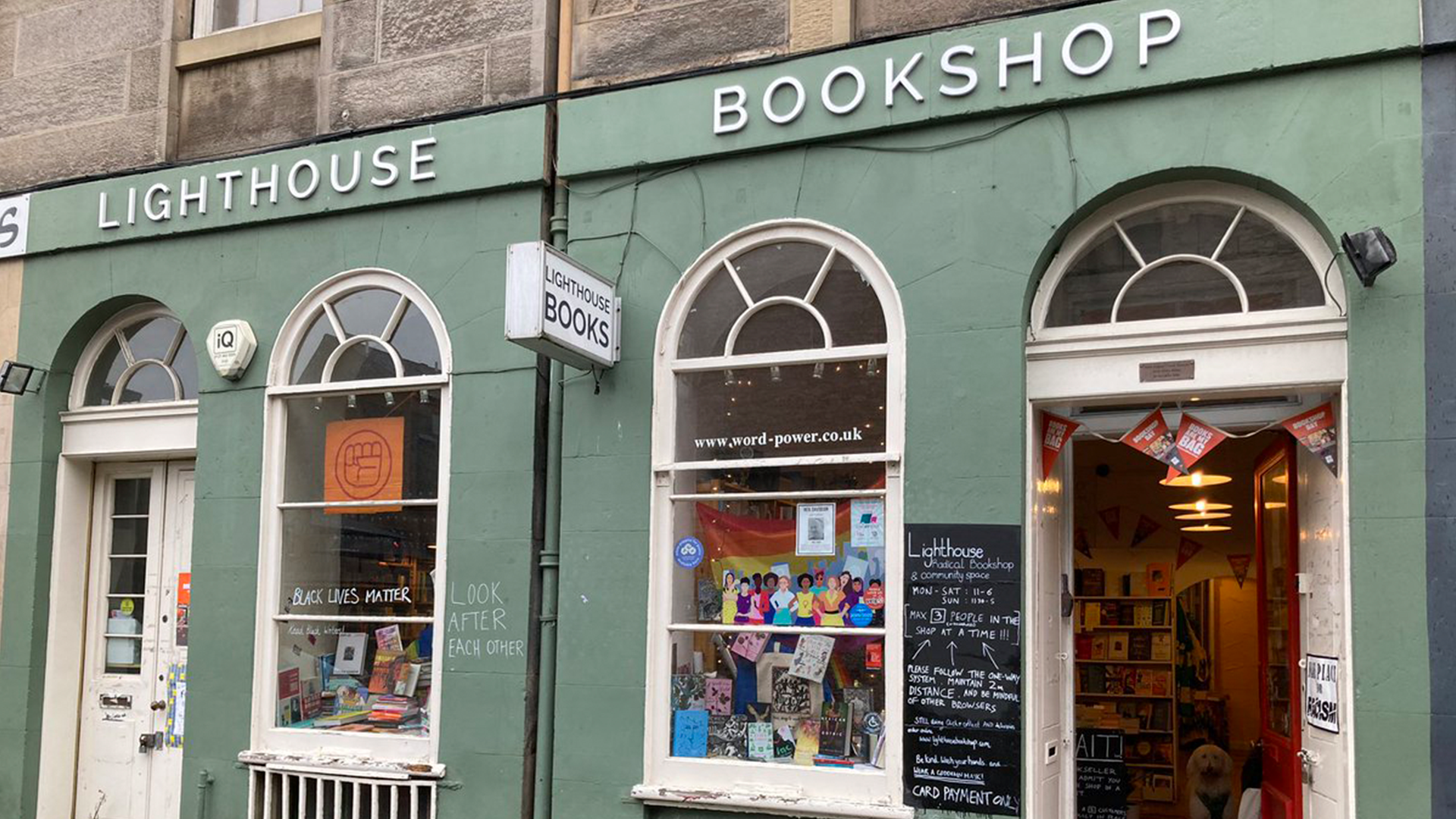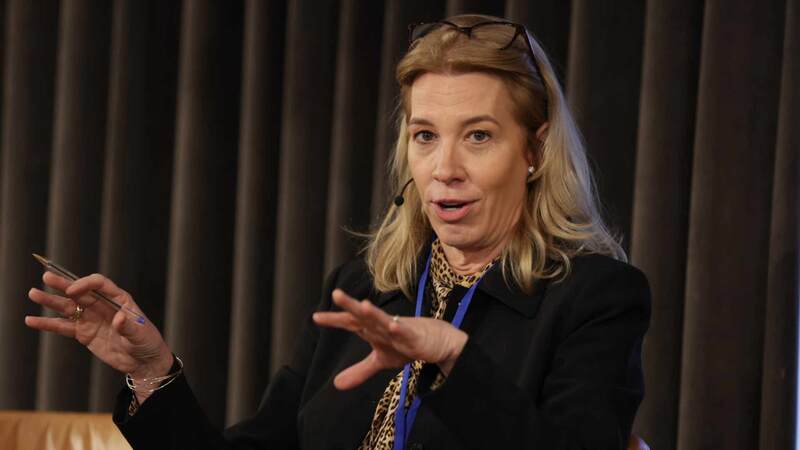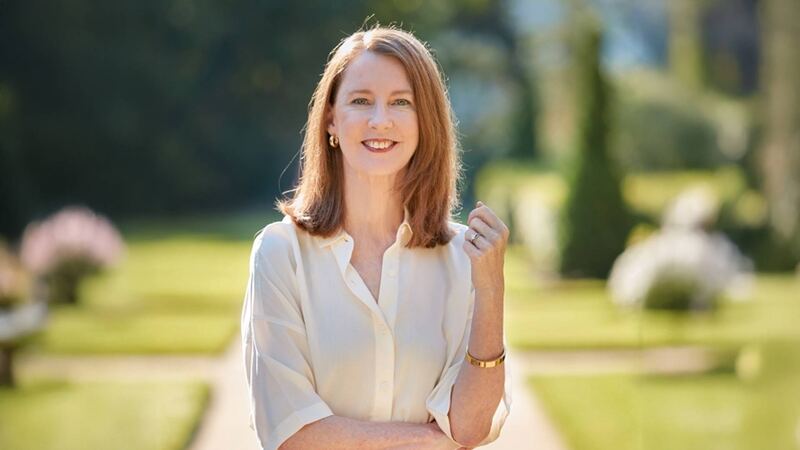Club together
Queer book clubs allow the community to come together and explore topics with a sense of nuance that is often missing from the online discourse.
For some people, reading is a solitary pursuit and for others, it can be a a way to connect with their fellow readers. Reading allows the opportunity to escape; some escape into worlds different from their own and revel in this private experience, others want to bring people into this world and explore it together. Depending on the book, we might want either of these experiences. During the lockdowns, more people started reading again, resuming hobbies they had as children, seeking comfort and escapism. I, however, found it difficult to concentrate and read less than ever before. I think in part, it is also to do with the fact that sometimes reading can feel very solitary. So while reading can offer respite in a busy world, in one where things had stilled, at times it felt a little too isolating. When I started working in a queer bookshop, and subsequently running the book club, it was a beautiful thing to find a community of other readers. I love talking about books. We have all put down a book that has astounded us and wanted to share it with someone, only to find that no one you know has read it. At a book club, however, everyone has read that book and each of them brings something completely different to that experience, so you can appreciate it (or disparage it) in new ways.
I have found book clubs to be an excellent place for community building, particularly within the queer community. Not only do you connect with other readers and people who have similar interests to you, I find that no matter how brilliant or terrible the book, it inspires conversations on a whole range of topics. People bring their experiences and personal histories to their reading. The books therefore facilitate so much more than conversations about whether we like the protagonist, for example; we start to talk about what this protagonist represents and how they would exist in the world.
Sometimes, particularly with the internet, it can feel like there are a lot of factions within the queer community, that identities are highly policed and we are at odds with each other more than ever
Soon we will be talking about the current political climate, about how privilege works and the limitations and possibilities of identity categories. Book clubs, therefore, are magical spaces that open up multiple points of connection between people. As queer people, I think it is really important that we have sober or non-drinking-focused spaces where people from different generations can meet. It is here that knowledge can be exchanged.
Sometimes, particularly with the internet, it can feel like there are a lot of factions within the queer community, that identities are highly policed and we are at odds with each other more than ever. In book clubs, I have found quite the opposite. It is common that without the protection of a screen, people are less likely to speak hatefully—however, I think it goes deeper than this. Someone tweeted recently about how the internet brings people of very different ages together, in a way we wouldn’t usually interact. Very young people in particular, are making sense of things and are often loud and wrong (as we all were), and this can cause clashes—particularly when they are being vocal about issues without knowing their location in history, or the arguments of theorists who have previously engaged with those ideas. Consider how therapy language has been popularised and misused, such as “gaslighting”, a term to describe a specific type of emotional abuse, standing in for “lying”. Don’t get me wrong, I think Gen-Z are brilliant and they have so much access to language and ways of understanding themselves that I could have only dreamed of, but sometimes because online conversations can feel one-directional, they lack the nuance that can be created in a shared space, like a book club.
Bridging the gap
Where online, certain conversations can cause rifts, in book clubs these conversations can be held with care and respect for different perspectives and personal histories. They bring together people of vastly different gender/sexuality presentations and allow for reflection on these differences, as well as shared experiences. Just as books can be divisive and bring up different very things for each reader, book clubs can hold this multiplicity. When transphobia is rampant, and the LGBTQ+ community seems to be so fraught and fractious, I like to return to book clubs as spaces that demonstrate the strength we have in union.
Book clubs can also be useful places to learn about what is missing from the conversation and whose perspectives we are lacking. For example, asexual and aromantic identities are still vastly underrepresented within the literary canon, as is non-binary literary fiction, trans-masc adult fiction and bi+ and pan stories. For now, queer book clubs hold space for these perspectives.




















